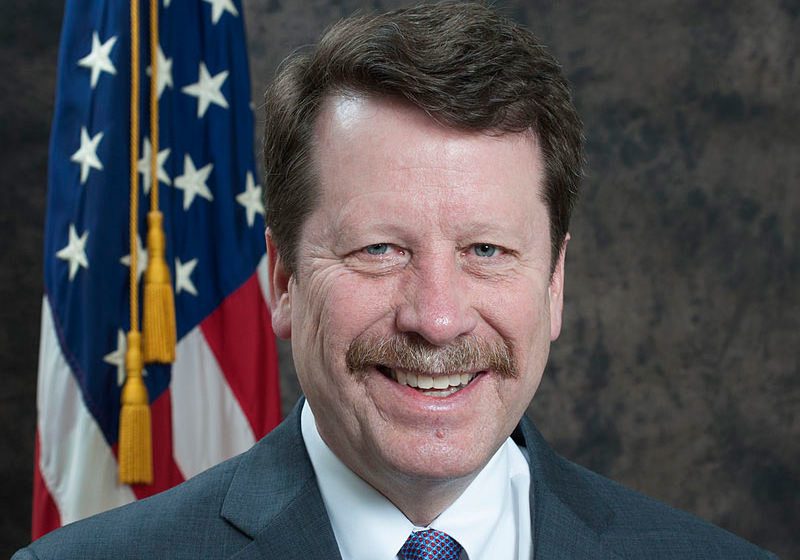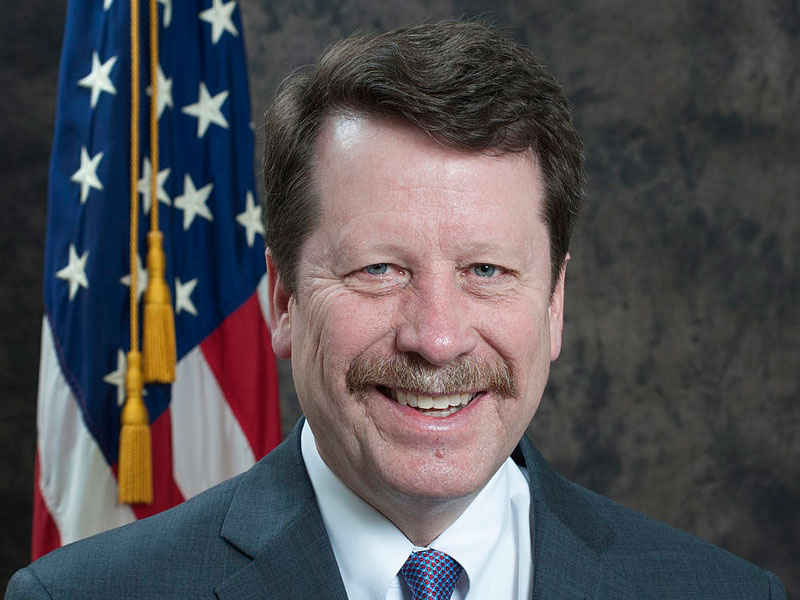
Swedish Match reported record sales and operating profit in 2021, with double-digit growth in both revenues and earnings in local currencies across all product segments.
Full-year growth was driven by strong performance in the Smokefree product segment with considerable growth in both the U.S. and Scandinavia. Growing demand for natural leaf cigars drove the robust full year local currency financial performance for the Cigars product segment. The lights product segment too displayed strong underlying performance.
Fourth-quarter performance was driven by the company’s Smokefree segment, with continued strength in the U.S. and Scandinavia. Sales and earning for the Cigars segment declined during the fourth quarter, due in part to production restraints.
In local currencies, sales increased by 16 percent for the full year and by 12 percent for the fourth quarter. Reported sales increased by 11 percent to SEK18.49 billion ($2 billion) for the full year and by 15 percent to SEK4.75 billion for the fourth quarter.
In local currencies, operating profit from product segments increased by 19 percent for the full year and by 11 percent for the fourth quarter. Reported operating profit from product segments increased by 14 percent to SEK8.14 billion for the full year and by 15 percent to SEK1.96 billion for the fourth quarter.
“Our sales performance in 2021 was outstanding, hitting a new all-time high,” said Lars Dahlgren, CEO of Swedish Match, in statement. Dahlgren was particularly pleased with the performance and potential of the company’s nicotine pouches, which grew by more than 50 percent in the U.S. and Scandinavia in 2021.
“The total addressable market for nicotine pouches includes cigarette smokers, but also draws from other oral tobacco products, as well as from the growing pool of consumers who currently use vape
products but have found our nicotine pouches to have greater appeal,” said Dahlgren.


















